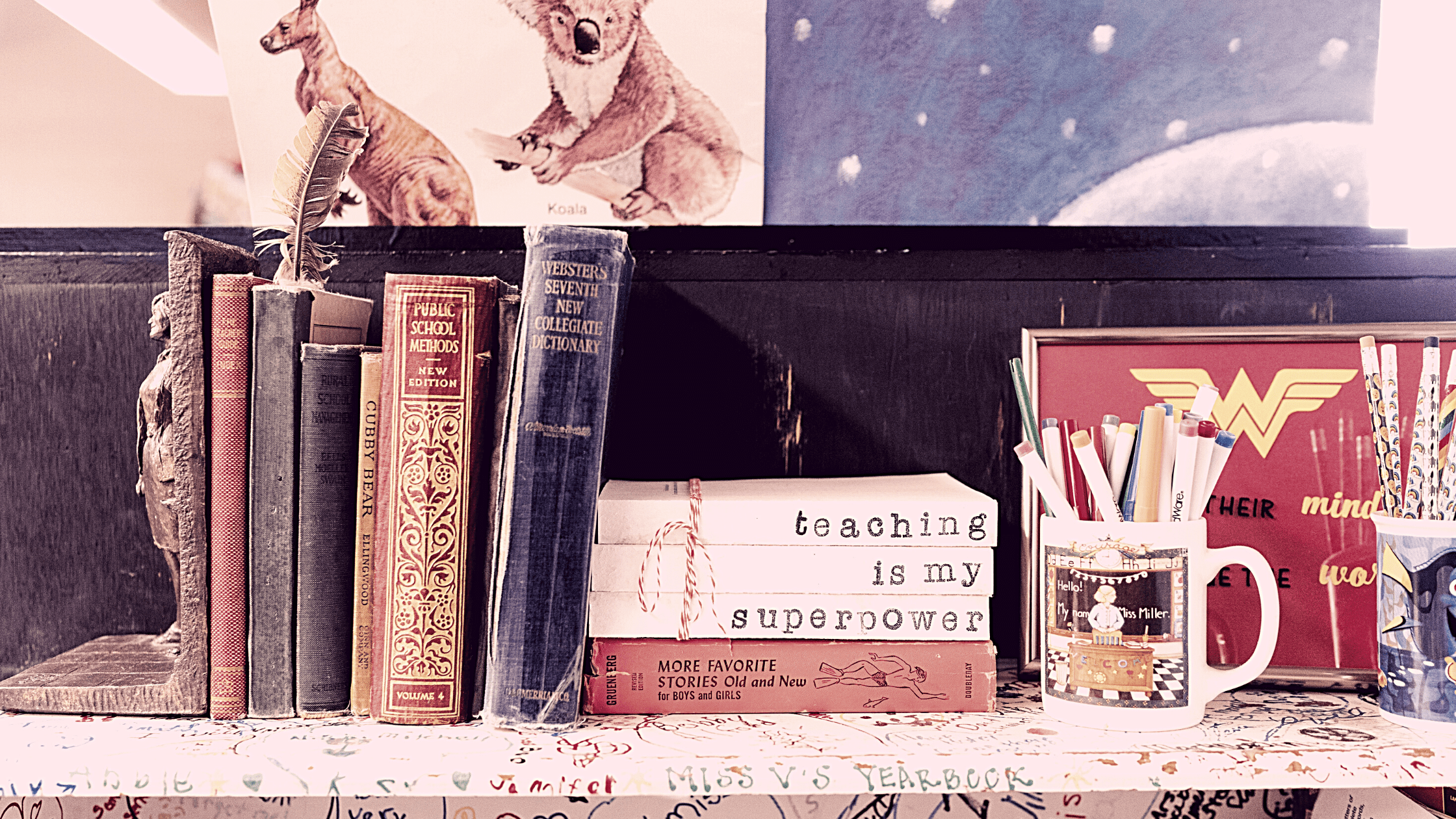 As inspirational and motivational as I like to be, it’s undeniable that what’s going on in the world is disheartening. As human beings we are all afraid of the unknown, and with the lack of information we tend to fill in the blanks often with the negative musings of our minds. We do this because frankly we are more comfortable having an idea of what might happen, even if it’s not the best outcome…than simply not knowing what’s to be.
As inspirational and motivational as I like to be, it’s undeniable that what’s going on in the world is disheartening. As human beings we are all afraid of the unknown, and with the lack of information we tend to fill in the blanks often with the negative musings of our minds. We do this because frankly we are more comfortable having an idea of what might happen, even if it’s not the best outcome…than simply not knowing what’s to be.
Now, in addition to finding a tremendous need for not just improving but maintaining confidence in our professional world, we’re finding that the need for confidence in all areas is vast.… and a lack of it, is affecting people physically and emotionally. If we can increase our confidence in the belief in a positive outcome, it will reduce our anxieties, calm our minds. My podcast guest this week, Mark Schulman, talks a lot about the power of perspective and if ever a perspective change was needed, it’s now.
One segment we need to focus on, is a newly created sector of our population: parents as educators. Of course, we all understand that a parent’s primary role, in addition to loving and nurturing their children, is to teach them what they know. That being said, most of our parents did not ever intend on becoming teachers in the traditional sense of the word. While most have adapted to some form of online schooling, they are not yet equipped to understand the psychological needs, the necessary environment, or how to balance their own lives and careers and still provide the education for the children that may rest in their hands come fall.
As counties, within states, struggle to come up with a common plan, and the country as a whole is all over the place, what’s most at stake is how our children continue to get the education they need and deserve, and gain the confidence that is traditionally instilled in a school environment — both academically and socially.
So how do we ensure their confidence? By increasing the confidence of their parents, who may well become their educators.
One of my clients, Parenting and Education expert, Dr. Karen Aronian says, this starts with creating the proper environment. “Homes are designed for adults,” she says, “So consider what amount of space you were offering to your child and their interests. A place for everything and everything in its place.” She goes on to discuss compartmentalizing – designating a place for the academics. A place for sports. A place for art. Her suggestions do not require a large home – according to her recommendations, you can create all this in one room.
Like most everything these days, there is some information available that can help on the Internet. But rather than randomly searching for advice from others who are also struggling to figure out their new roles, what better tutorial exists than one from somebody certified in education and who is also a parent herself?
It was during a recent conversation with Karen that it struck me that this is so similar to what corporations do, called “train the trainer.” If we want our parents to be the best educators they can be, it makes sense that they should be trained by, well, educators.
There is likely to be a great deal of ongoing debate as to how to handle the reopening of schools. What’s not in debate, is that ultimately a parent knows what’s best for their child, and while some may let their kids go back to school with social distancing measures in place, and some may choose to keep their children at home, having a mutually understood approach to curriculum could be nothing other than valuable.
I’m a teacher of sorts. In addition to my media training, private executive training and coaching, a decade ago I established a curriculum for aspiring television hosts. I’d had a lot of experience in this area, the actual hosting and working on television, but I had never been trained formally as a teacher. Fortunately for me, my business partner in this endeavor was a long time and skilled teacher herself. She helped me organize my classes, and helped me understand the parameters in which students would best excel. How to build their confidence, but still be direct. Understanding how much assistance to give, and what to hold back so that the student could learn to grow on their own.
There is an art to being a teacher, it isn’t just disseminating information and reviewing homework. Everything from creating the proper visual environment, the social interactions, and understanding the psychology of learning is key.
I’m not a parent, and certainly not an expert on this subject – but Karen is, and she’s offering a free webinar Thursday, August 13th, for parents who would like additional resources and support. You can learn more about what she has to offer on her website, www.karenaronian.com .
